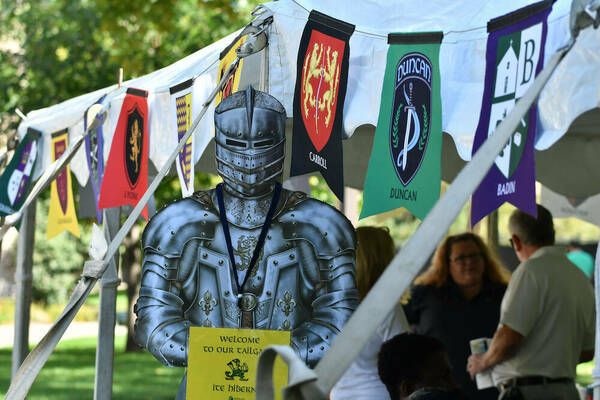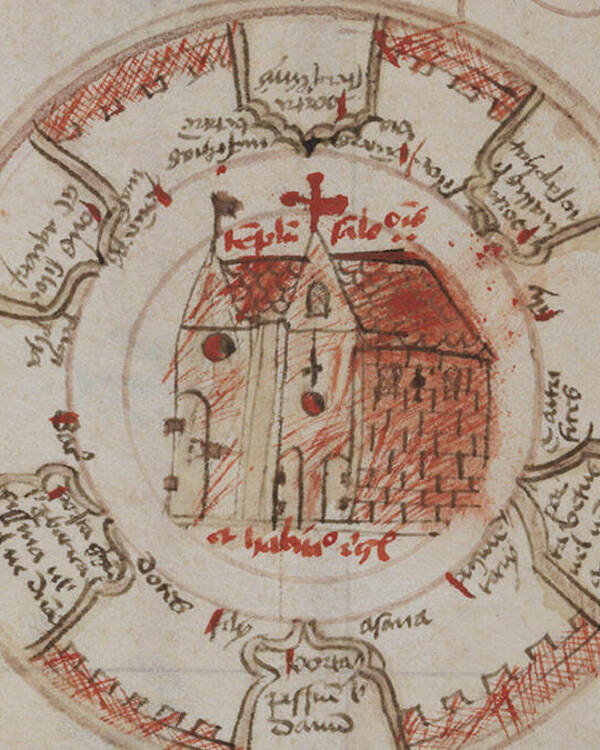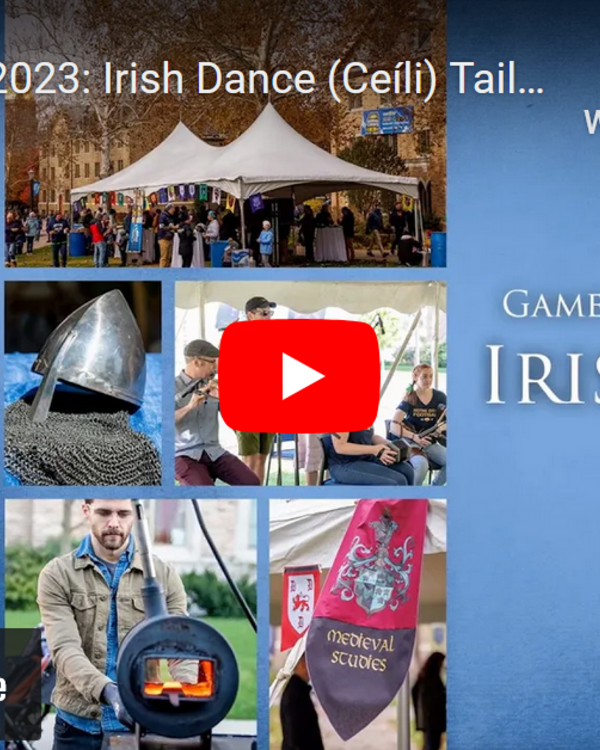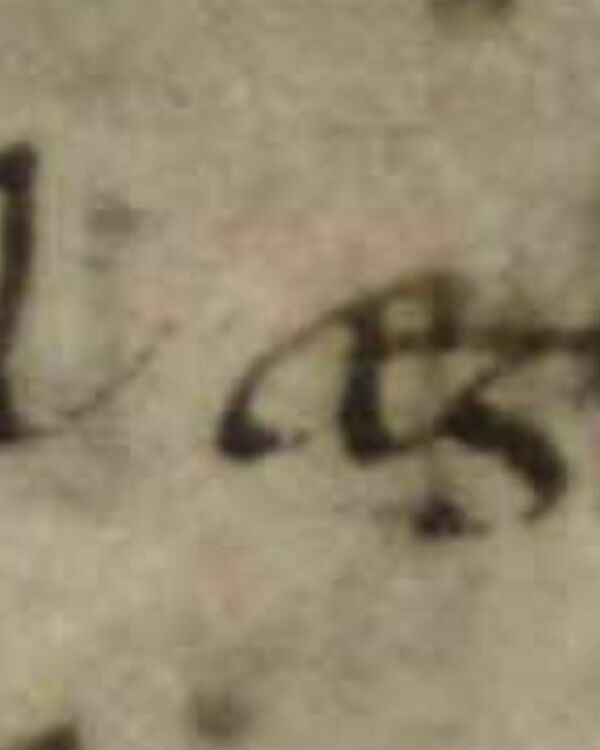Community Engagement

How does the Medieval Institute engage with the community?
At the Medieval Institute we are committed to bringing the Middle Ages not just to campus but into our local community (and beyond!) through our Medieval Studies Research Blog, special gameday gatherings in the fall, our partnership with South Bend's Adams High School, activities at the St. Joe County Public Library, and public-facing roundtables across the academic year.
Why do the Middle Ages matter?
The Middle Ages profoundly shaped the modern world! The years between the end of the Roman Empire and the start of the Renaissance (roughly 500 to 1500 A.D.) witnessed the birth of our modern love song; the invention of spectacles and mechanical clocks and new ways of maritime navigation; the rise of the university and representative assemblies; the creation of masterful illuminated manuscripts; and the establishment of hospitals.
Many theologians and thinkers who are still deeply influential—whether Thomas Aquinas, Moses Maimonides, or al-Ghazali—flourished then; and many of our most beautiful buildings—the gothic Cathedral in Chartres, the Great Mosque of Damascus, the Sinagoga del Tránsito in Toledo—were built then.
John Adams High School Course
In our "Why the Middle Ages Matter" course each spring, led by our Public Humanities Fellow, scholars from the Medieval Institute will guest-teach at South Bend's John Adams High School on three series of topics: Medieval Empires, Religions, & Cultural Encounters; Education & Governance; and Literature & Culture. Students will learn about medieval innovations that impact their lives today, be introduced to diverse methods of historical research, and engage in the material culture of the Middle Ages, both through digital collections and through visits to the Snite Museum of Art, the Notre Dame Basilica, and the Hesburgh Libraries' Rare Books and Special Collections.
Learn more
- The Medieval Institute's YouTube Channel
- Meeting in the Middle Ages, our graduate student-run podcast
- Our Medieval Studies Research Blog
- Find us on ThinkND, the Alumni Association's vibrant learning community, and read our digest
- The Community Engagement Playlist, where you can find our gameday events
- 75th Anniversary Community Roundtables
- Flash Interviews with medievalist graduate students at Notre Dame




